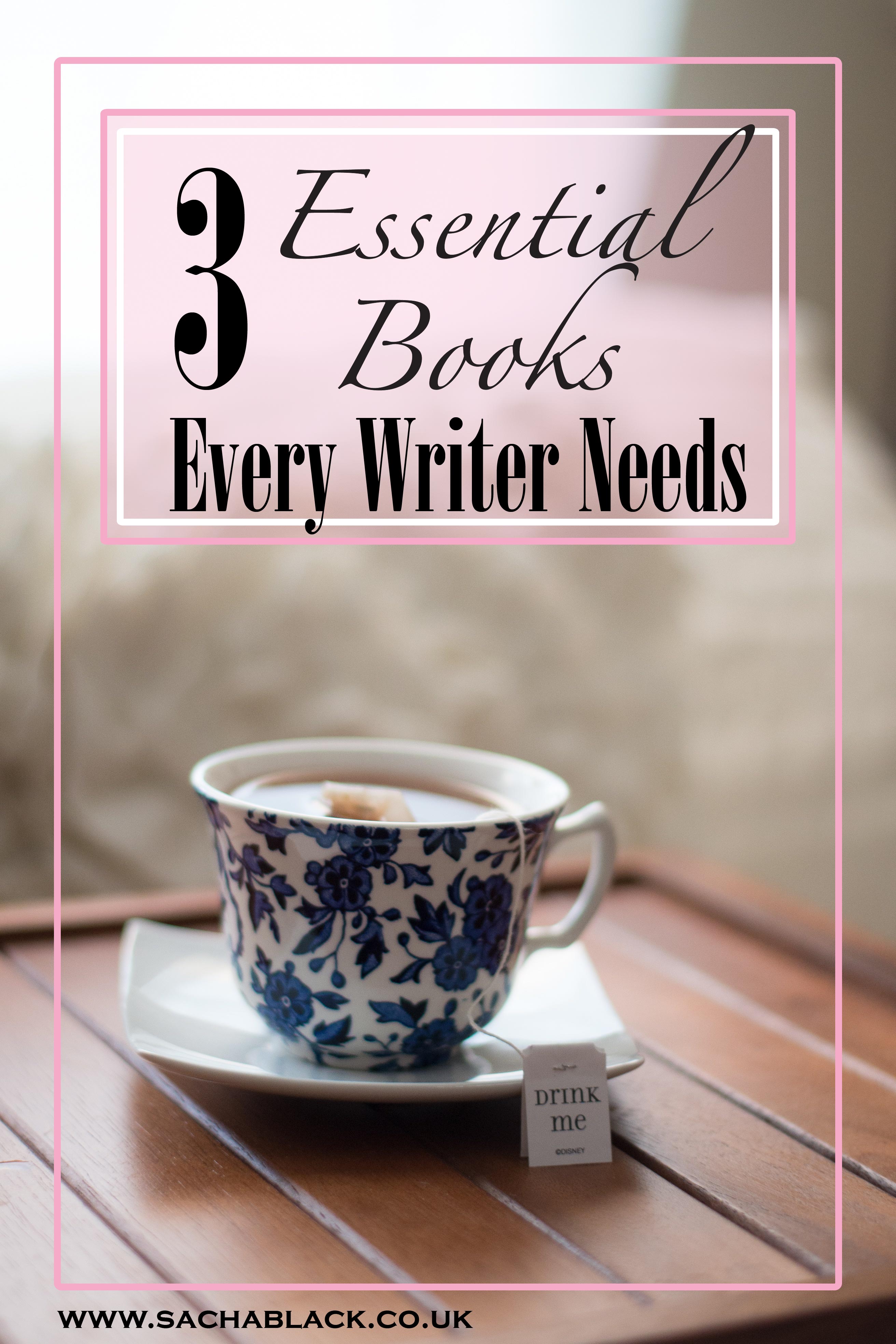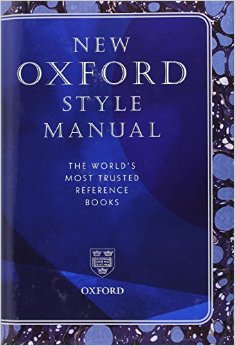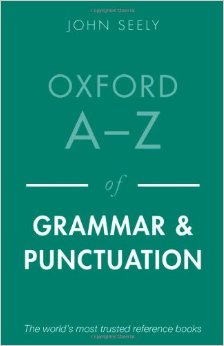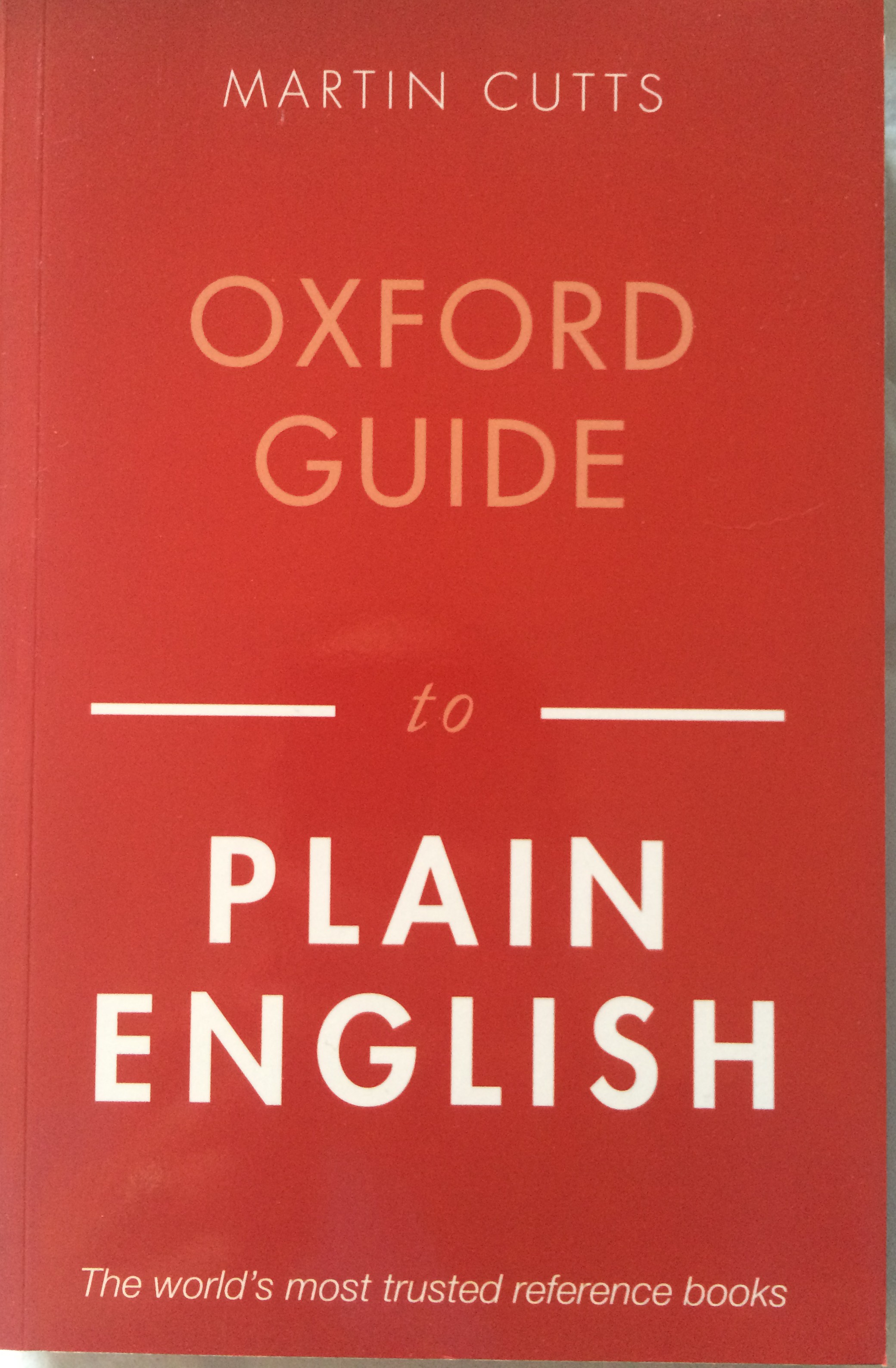 If you’re a writer (especially an American one) you have probably heard of The Chicago Manual of Style: The Essential Guide for Writers, Editors and Publishers
If you’re a writer (especially an American one) you have probably heard of The Chicago Manual of Style: The Essential Guide for Writers, Editors and Publishers. If not, then let me enlighten you, particularly if you are British or writing for the British market. Writers, editors and publishers alike think the Chicago Manual of Style, is THE comprehensive guide to life the universe and everything.
There are dozens of books designed to help you write, to help you with style, structure and grammar. But this book is the book I see referenced by countless editors and professionals alike. I am appalling too, I don’t understand half the rules. I try, desperately to learn them. Sometimes, I even think I might have learnt one. But as always these days, In order to learn one thing, something else gets shoved out to make space… usually a comma rule!
If you’re American, or writing for the American market, and you don’t own the book then I strongly advise you buy one, and you can do just that here: The Chicago Manual of Style: The Essential Guide for Writers, Editors and Publishers. But, what about us poor old British writers? What’s the equivalent of the Chicago Manual of Style for us? I looked for a very long time and found nothing. So I decided to ask an editor, who told me the reason I hadn’t found an equivalent is because there isn’t one.
But they also told me not to despair. There is an alternative you can use. Actually there’s three. I’ve bought all three, and they recently arrived. So I thought this was a good point to share them particularly because they are proving extremely useful so far. I have put photos, links and blurbs of the collection below.
First up:
Amazon says this about the New Oxford Style Manual (Reference):
The New Oxford Style Manual brings together two essential reference works in a single volume. New Hart’s Rules, Oxford’s definite guide to style, consists of 20 chapters and gives authoritative and expert advice on how to prepare copy for publication. Topics covered include how to punctuate and hyphenate accurately, capitalization guidelines, structure your text coherently, how to use quotations and citations clearly, how to provide accurate references, UK and US usage, and much more. The guidelines are complemented by the New Oxford Dictionary for Writers and Editors which features 25,000 A-Z entries giving authoritative advice on those words and names which raise questions time and time again because of spelling, capitalization, hyphenation, or cultural and historical context. Entries give full coverage of recommended spellings, variant forms, confusable words, hyphenation, capitalization, foreign and specialist terms, proper names, and abbreviations. The dictionary also includes superb appendices for quick reference including proofreading marks, countries and currencies, and alphabets.
Combining these two updated works and drawing on the unrivalled research and expertise of the Oxford Reference and Dictionaries departments, this volume is an essential part of every editor’s and writer’s toolkit.
Second:
Amazon’s blurb says this about Oxford A-Z of Grammar and Punctuation:
Readers of all levels will find this excellent guide essential. Including examples of real usage taken from the Oxford Corpus, this handy volume provides clear information about grammar and punctuation that we need on a day-to-day basis in over 300 entries. Arranged alphabetically, it contains entries for standard grammatical terms such as pronoun, synonym, or transitive verb. It also discusses related questions of usage, for example how to distinguish between ‘may’ or ‘ might’, ‘that’ or ‘which’, and ‘it’s’ or ‘its’. For ease of use, over 40 feature entries on master headwords like adverb, hyphen, and spelling include diagrams listing related terms.
Revised and updated, The Oxford A-Z of Grammar and Punctuation offers accessible and coherent explanations across a broad range of topics, and is the first port of call for any reader seeking clear, authoritative help with grammar and punctuation.
Both easy to use and comprehensive, it is an essential tool for writing at home, in the office, at school, and at college.
Last but by no means least:
Amazon says this about Oxford Guide to Plain English (Oxford Paperback Reference):
Plain English is the art of writing clearly, concisely, and in a way that precisely communicates your message to your intended audience. This book offers 25 practical guidelines helping you to improve your vocabulary, style, grammar, and layout to achieve clear writing. It gives expert advice on all aspects of the writing process: from avoiding jargon and legalese, to organizing written information in print and online. It also shows you how it’s done with hundreds of real examples, including ‘before’ and ‘after’ versions. All this is presented in an authoritative and engaging way.
Completely revised and updated, this essential reference work is now even more useful: the word lists have been expanded; a new list of clichéd and troublesome words to avoid has been added; and examples of real-life stories have been replaced with more recent ones. An improved design gives the book a fresh feel.




Reblogged this on Chris The Story Reading Ape's Blog and commented:
What is YOUR opinion? 😀
Thanks for this useful post Sacha. I regret having given away my braille version of “The Little Oxford Dictionary of Current English” which is no longer available as RNIB believes that blind people can access this information easily online. There is an element of truth in this. I do, however think that a hard copy dictionary is a useful tool for both writers and readers more generally. So many of the online free dictionaries are chock full of advertisements which drive me absolutely potty! Kevin
Yeah I can imagine the advertisements are seriously annoying, it drives me bonkers when I want to go and watch something quickly on YouTube and 10 minutes later the 1 minute clip actually starts! I’m wondering if you might be able to order a second hand Braille copy? Sometimes Amazon have trade in books and eBay always has specialist stuff. Might be worth a shot? Or what about asking a local library? Their ability to find obscure books is phenomenal – they can source it and put it in ur library and you can just keep renewing it when your working on something specific. Thanks for reading and your lovely comment 🙂
Useful. Typically, I have all the others in the series which the first book relates to.
Less of a ‘how to’ book, but the ‘Writers & Artist Yearbook’ is a good one to have by your side too!
Ha! That’s annoying! That’s usually me that does that! I buy the writers and artist year book every year actually. Love it, although mostly I look at it for a few days and then leave it on my shelf for a year :s but I am going to attempt to write more for comps which means it will be used more. Thanks for dropping by Jason are you going to smash your 16 entry record this week on Esther’s challenge?!
Thanks for sharing these, Sacha. Interesting there are three of titles Oxford. Years ago I read a very interesting book called “The Surgeon of Crowthorne” which was about one of the contributors to the original Oxford dictionary – an intriguing story.
I have been using my trusty Australian style guide for quite a number of years (I probably don’t refer to it as often as I should!) http://goo.gl/FC6juR Maybe I need to get an updated one since English is such an organic and ever-changing language.
I have also read a number of articles outlining the differences in expectations of American and English publishers. Not only that, I know a lot of publishing houses have their own style requirements.
Quite often if I am writing a blog post and I am not sure just how to present a particular ‘thing’, I will Google it. There are plenty of helpful online guides.
That’s the problem with bloody dictionaries they keep updating them! I am searching for the largest dictionary there is – don’t suppose you can recommend one? I have an Oxford one but its not very large so makes me think there are more comprehensive ones out there.
That’s an excellent point about publishing houses I hadn’t even considered that! Thanks Norah ?
Thanks Sacha. I’m not sure about a “large” dictionary. I thought the Oxford was one of or the most respected, and was indeed a large volume. We have the Macquarie Dictionary down here which is quite a good Australian resource. Sorry I can’t really recommend anything. 🙂
No worries, was worth asking 😀 if you come across one on your teacher travels let me know 😀
Sure!
When you blog about this you automatically invite additions. Might I suggest Strunk & White’s Elements of Style? Need I explain about the beauty of the slim volume?
Haha, well indeed contributions are of course always welcome. I should have added though that this list wasn’t meant to be extensive, just a recommendation from an editor and three editions to my own collection. But I actually have that book you recommend 🙂 it’s fab. Maybe I should create a new page as a reference collection page!
I was about to recommend The Elements of Style myself, then I saw that the commentator before me just did. It may be old (first published in the 1930s), but it’s been updated and re-edited and it’s a little gem. The Economist Style Guide is another book that I regularly recommend to my students.
Thank you so much. I do have the elements of style but not the second hook you recommend so I will go have a search for it. Thanks so much 🙂
Excellent points. A little help here and there goes a long way. I still get confused.
Hmmm… I dont have any of these…
Lol. I mean it’s probably not essential to be fair but just three that this editor in know recommended, but you know how it goes – well for me usually I buy a reference book and it sits on shelf forever not being used!
Lol… but at least it looks good on your shelf! ?
True story! I must do a page actually with my reference collection.
MHRA style guide http://www.mhra.org.uk/Publications/Books/StyleGuide/
The standard in the UK and free to download.
Thanks Jaq I will go have a look :)t
I see those books at Barnes & Noble all the time, plus others like it. I flip through them and say, “Eh… this looks hard…” Lol. I should consider buying one or two or five, though. I’m sure it’d be a big help.
haha, I know right, I struggle so much with grammar trying to learn it and more importantly retain it. These books are great as a reference tool when I inevitably forget everything I’ve learned.
I also think the best way to learn is to keep writing and editing.
Can you believe I don’t have the Chicago Manual of Style? I used it in college 20 years ago and picked up the AP Stylebook because of the article writing that I do. I’ve been through 6 copies of that one! Thanks for the reminder that if I’m writing literature I need the literature stylebook not the journalism one. And I won’t even try to comprehend your choices!
not heard of AP Stylebook – I wonder if they do an English version? There’s a couple of mags I am thinking about trying to pitch some ideas too so it may be worth looking at an English version. lol, not my choices, recommended by an editor, although I am finding them quite useful!
Sacha, thanks for a valuable and relevant blog! My absolute essentials, by my side as I write, are Roget’s Thesaurus, Penguin Dictionary of Quotations, Penguin English Dictionary and The Economist Style Guide. As someone else mentioned, the Writers and Artists Yearbook is a mine of information – I’ve used it recently to narrow down the number of agents to whom I sent my last novel. My difficulty is that once I start browsing Roget I stop writing!
You are more than welcome :D. Thank so much for commenting and telling us what yours are. I adore a recommendation, so I am certainly going to go have a look at a couple of yours. The quotes book sounds brilliant, I love quotes. I have the yearbook, although I buy it every year and never use it! 🙁
Hello Sacha! The Chicago Manual of Style is my editor’s bible. I plan to get all of these. Great suggestions! Thank you.
So glad you enjoyed it hope they don’t cost a fortune they seem so expensive! :s
Well, I’ll get them one at at time. 😉
ahh shucks thanks for this 😀